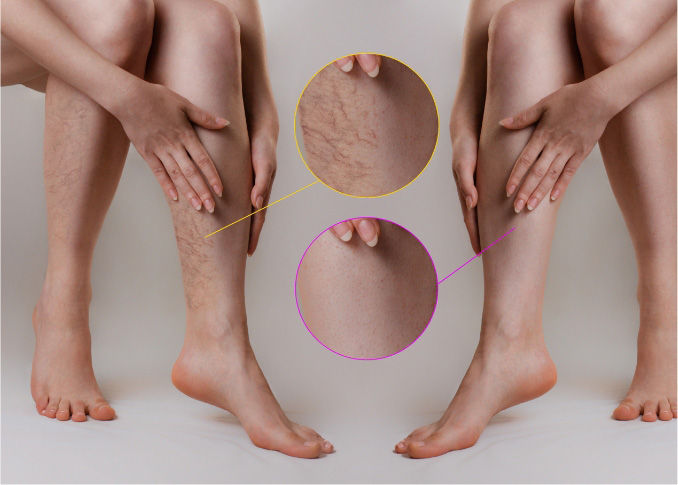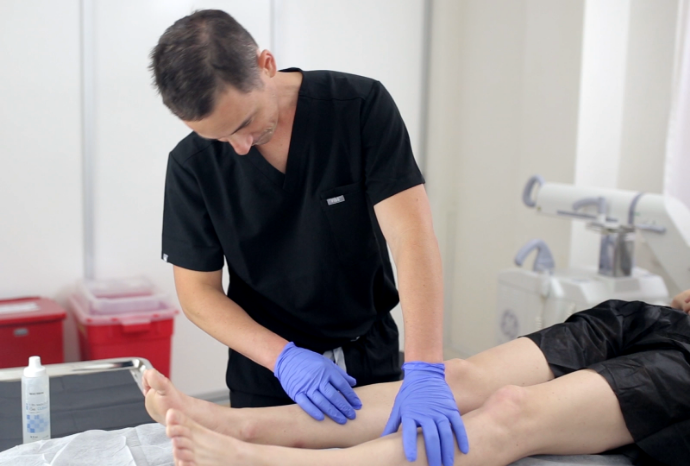The Benefits of Seeing a Vein Treatment Specialist: What Is a Vein Doctor Called?
When dealing with leg pain, swelling, or unsightly varicose veins, many people ask: what is a vein doctor called? Understanding who to see for these issues can save time, reduce discomfort, and improve your overall vascular health. In this article, we’ll explore the role of a vein treatment specialist, why their expertise matters, and how you can benefit from consulting one.
What Is a Vein Doctor Called?
A vein doctor is commonly referred to as a phlebologist. This is a medical professional who specializes in diagnosing and treating disorders related to veins. However, depending on the condition and its severity, a vein doctor might also be a vascular surgeon, interventional radiologist, or a dermatologist with vascular training.
All these specialists fall under the umbrella of vein treatment specialists because they have advanced training in managing vein-related issues such as varicose veins, spider veins, and chronic venous insufficiency.

Why Should You See a Vein Treatment Specialist?
Many people ignore vein problems until they cause major discomfort or visible symptoms. However, early treatment offers multiple benefits, including:
- Pain relief from throbbing, aching, or swollen legs
- Improved appearance of legs and skin
- Prevention of more serious conditions like blood clots or leg ulcers
- Enhanced mobility and quality of life
By consulting a vein treatment specialist, you ensure that you're receiving care from someone with focused expertise in venous conditions. These doctors use minimally invasive procedures and state-of-the-art technology to accurately diagnose and treat vein issues.
Common Conditions Treated by Vein Doctors
Now that you understand what a vein doctor is called, let’s look at the types of conditions they commonly treat:
- Varicose veins – Swollen, twisted veins often visible under the skin
- Spider veins – Smaller, red or blue veins that appear on the surface of the legs or face
- Deep vein thrombosis (DVT) – A dangerous blood clot in a deep vein
- Chronic venous insufficiency – A condition where leg veins struggle to send blood back to the heart
- Leg ulcers and skin discoloration caused by poor circulation
These issues can affect your physical health, confidence, and day-to-day comfort. A vein treatment specialist provides personalized solutions tailored to your condition and lifestyle.
Treatments Offered by Vein Specialists
Modern vein care has advanced far beyond the days of vein stripping or painful surgeries. Today’s vein treatment specialists offer effective, low-risk procedures such as:
- Sclerotherapy – A solution injected into the vein causes it to collapse and fade
- Endovenous laser therapy (EVLT) – Laser heat seals off problematic veins
- Radiofrequency ablation – Uses radio waves to treat larger varicose veins
- VenaSeal™ – A medical adhesive used to close diseased veins
- Ambulatory phlebectomy – Removal of surface veins through tiny skin incisions
These procedures are usually outpatient, require minimal downtime, and offer quick recovery with long-lasting results.
When to See a Vein Treatment Specialist
Not all leg pain or swelling points directly to a vein issue, but certain signs suggest it’s time to consult a vein treatment specialist:
- You experience persistent leg pain, heaviness, or cramping
- You notice bulging veins or skin discoloration
- Your legs feel itchy, irritated, or restless at night
- You develop ulcers, wounds, or sores that don't heal easily
- You have a family history of vein disease
Ignoring these symptoms can lead to worsening of your condition. A timely visit to a vein specialist can provide relief and prevent complications.

How to Choose the Right Vein Doctor
Now that you know what a vein doctor is called and what they treat, choosing the right one becomes the next step. Look for these qualities:
- Board certification in vascular or vein-related medicine
- Experience in minimally invasive procedures
- Positive patient reviews and testimonials
- Use of modern technology and diagnostic tools
- Willingness to offer customized treatment plans
A good vein specialist will listen to your concerns, answer your questions, and help you feel comfortable throughout your care journey.
Final Thoughts
Understanding what a vein doctor is called—whether a phlebologist, vascular surgeon, or interventional radiologist—helps you make informed decisions about your health. A qualified vein treatment specialist can dramatically improve your quality of life through precise diagnosis and effective treatments.
If you're dealing with unexplained leg pain, swelling, or visible veins, don’t ignore the signs. Schedule a consultation with a vein specialist and take the first step toward healthier, more comfortable legs.
Comments
Post a Comment